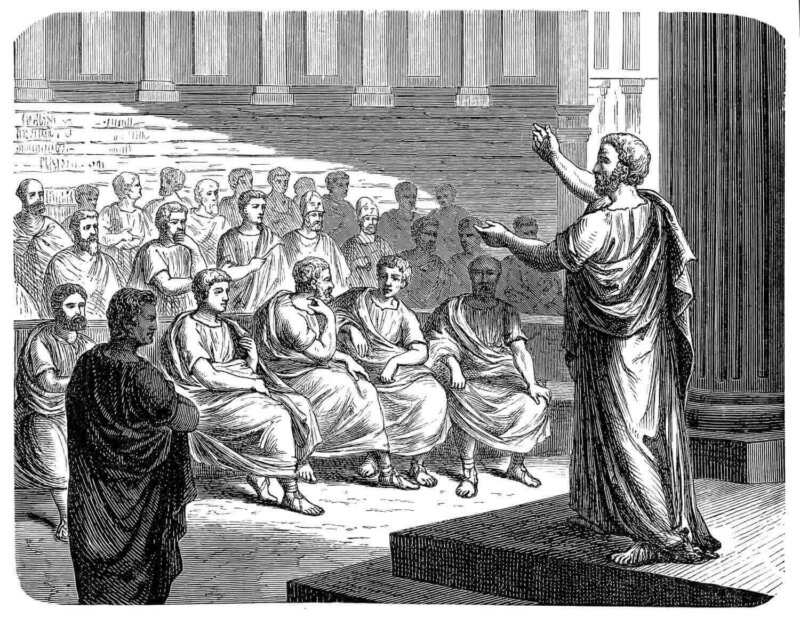Andrew Kaufmann is an Associate Professor of Politics and Government at Bryan College in Dayton, TN. He also serves as an Affiliated Fellow for the Center for Faith and Flourishing at John Brown University. His main interests are in Christian political thought and how Christians should engage the public square. His expertise is in the history of political theory, specifically the political and religious thought of French philosopher Jacques Derrida.

